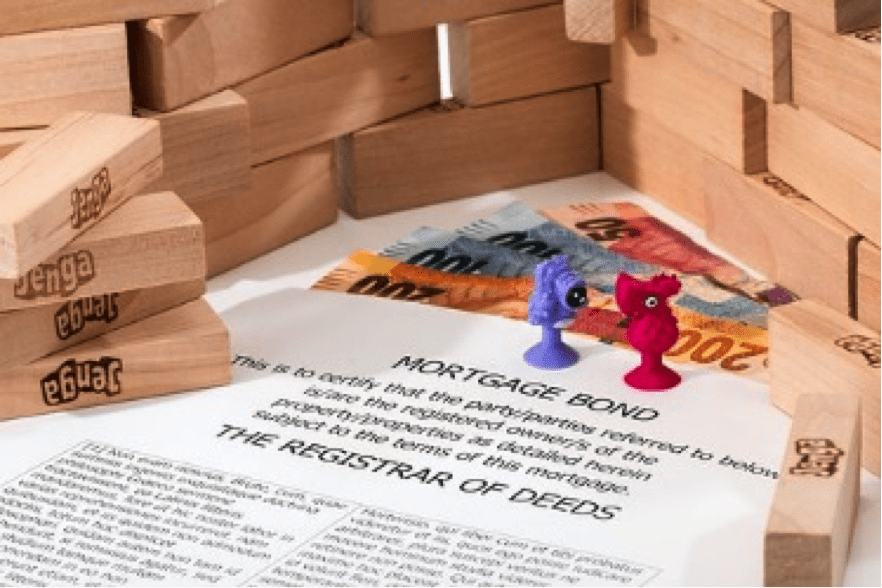


Thinking of Fixing Your Mortgage?
If you think an increase in your mortgage repayments could have a negative impact on your lifestyle or financial wellbeing, you may want to consider fixing your mortgage.
With a fixed rate mortgage, your payments are set at a certain level for an agreed period, regardless of whether your lender changes its Standard Variable Rate (SVR). Such an increase typically occurs when the Bank of England Base Rate starts to climb.
Fixed rate mortgages can offer protection from rate rises for an agreed period, but there are several considerations you’ll need to think about before making your decision.
Predictable repayments – but you won’t benefit from rate cuts
With a tracker mortgage, your monthly payment fluctuates in line with a rate that’s equal to, higher, or lower than a chosen Base Rate (usually the Bank of England Base Rate). The rate charged on the mortgage ‘tracks’ that rate, usually for a set period of two to three years.
Tracker rates might be more appealing if you don’t have a fixed budget and can tolerate higher mortgage payments if rates rise, whilst being able to benefit from reduced monthly mortgage payments if rates go down.
But with a fixed rate mortgage, the rate (and therefore your repayments) will stay the same for an agreed period. A fixed rate mortgage makes budgeting much easier because your payments will not change – even if interest rates go up. However, it also means you won’t benefit if rates go down.
Longer fixed terms will be more expensive
If you choose a fixed rate mortgage, you’ll need to decide how long you want your fixed rate to last. Two-year fixed rate mortgages typically offer the lowest initial interest rate. If you want to fix your interest rate for longer, you will probably pay more
for that longer-term security. This may be worthwhile in return for predictable repayments, or you might choose to take the lower rate for a shorter timeframe if you expect that your financial position will improve by the time the deal ends.
A change in circumstances could cost you
Do you have any known changes on the horizon that will have an impact on your mortgage?
With a fixed rate mortgage, you could face an early repayment charge if you repay all or a certain percentage of the mortgage during the fixed rate period.
If you have no known changes and want to benefit from a longer period of security, then a longer term fixed rate of five years may appeal. It might cost more initially, but you’ll benefit from knowing that your budget is fixed for that period.
Your home may be repossessed if you do not keep up repayments on your mortgage.
Don’t be drawn into trying to second guess what will happen with interest rates over the coming years. We can help you come to the most appropriate decision for your next mortgage.




